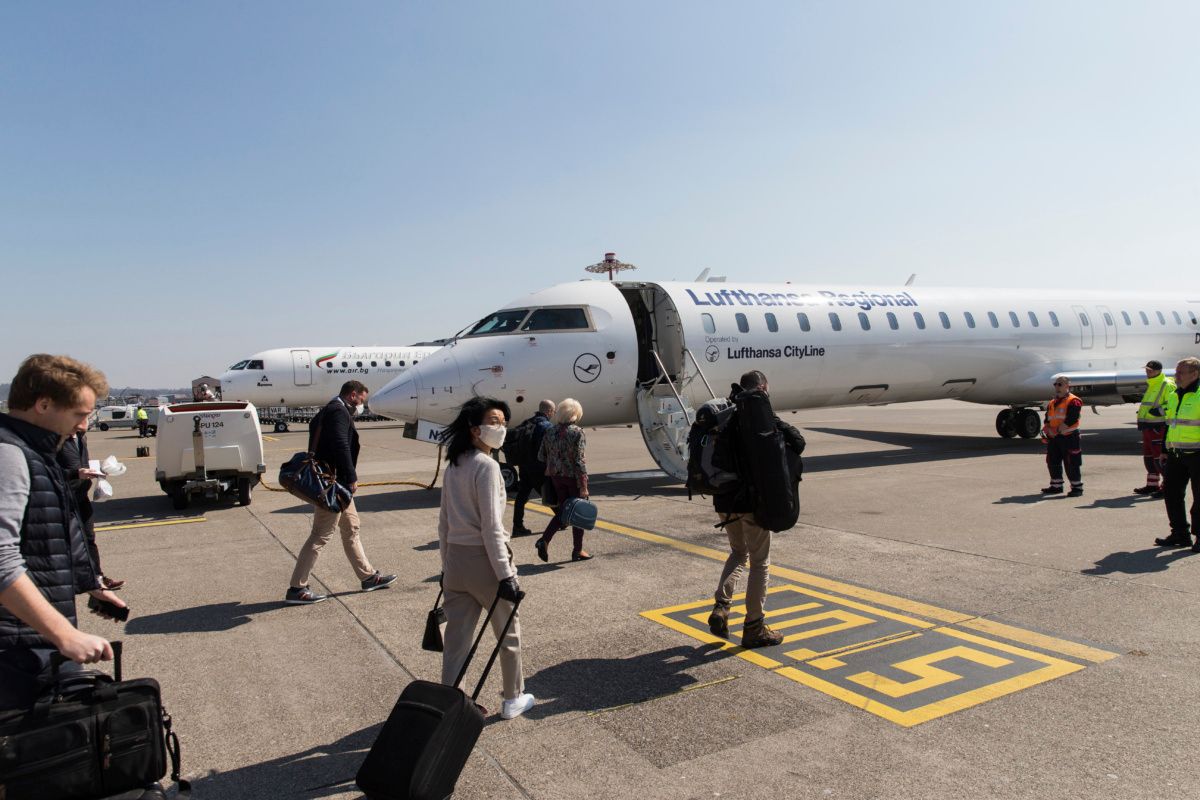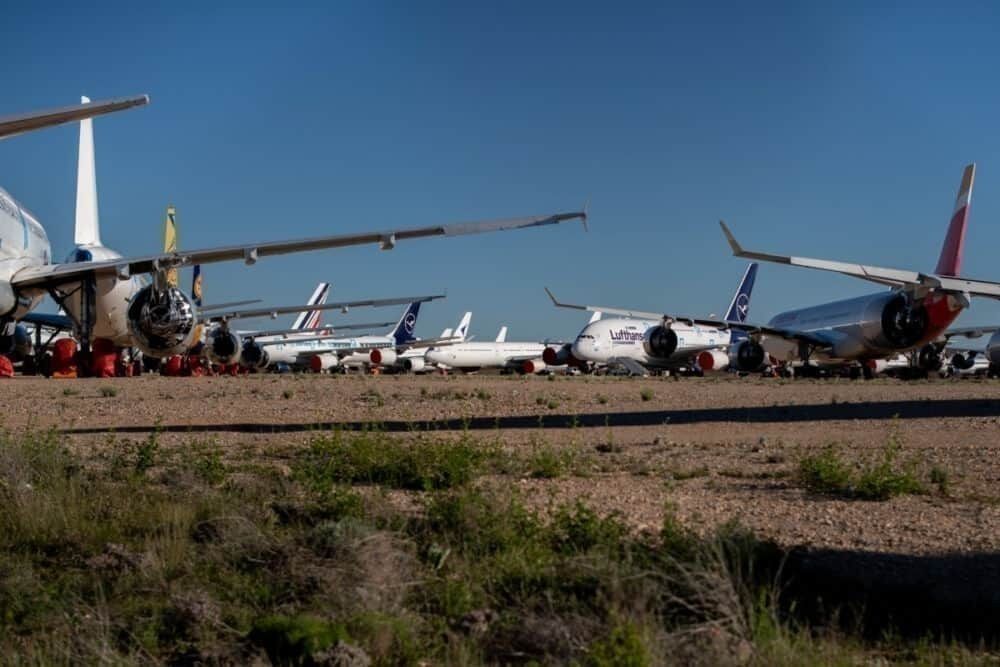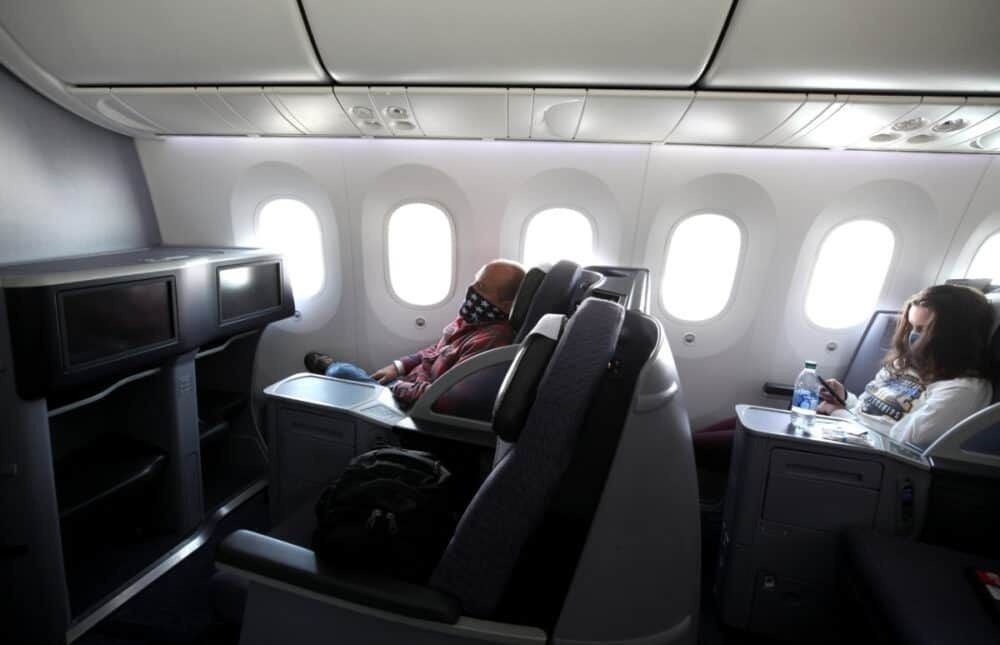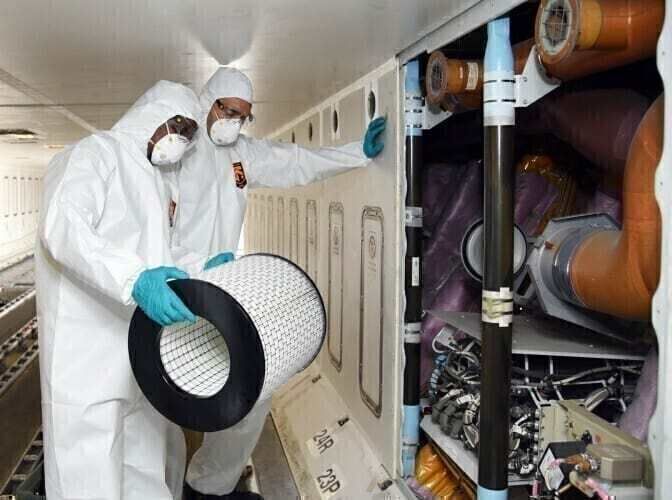On Wednesday, the European Union Aviation Safety Agency (EASA) and the European Center for Disease Prevention and Control (ECDC) issued joint guidelines to ensure health precautions for air travel despite the COVID-19 pandemic. If travelers decide not to adhere to them, the agencies advise they be escorted off the premises, or, if in mid-air, treated as unruly passengers.
Helping the industry recover
While many feel that the coronavirus outbreak is still severe enough to deter them from travel, some are waiting in the wings with bags packed, as Europe cautiously begins to ease restrictions.
To make sure that those who need to venture on board a plane remain as safe as possible, the EASA and the ECDC have issued new aviation health guidelines.
"Passengers have to have confidence that taking to the skies again in a confined space with other people poses the minimum possible risk to their health," European Commissioner for Transport Adina Valean said. "The protocol released today will reassure passengers that it is safe for them to fly and so help the industry recover from the effects of this pandemic."
Passenger Locator Cards
The EASA recommends passengers observe distancing wherever possible, use medical face masks to protect other travelers, and practice rigorous, frequent hand hygiene, as well as "respiratory etiquette."
Furthermore, passengers will now provide contact information on a Passenger Locator Card (PLC). This is to allow for contact tracing should someone on a particular flight later test positive for COVID-19. Anyone displaying symptoms should refrain from traveling, and anyone testing positive within 14 days after travel must notify the airline.
New masks every four hours
The guidelines on wearing face masks are not new, but the document also asks that airlines remind passengers that masks should be replaced every four hours. Hence, they should bring a sufficient supply for the entire journey. Travelers also need to be advised on the safe disposal of the masks.
Airport operators should also "consider," hence not require, making the acquisition of masks possible at the airport, through facilities such as vending machines.
Removed from the premises for failure to comply
While airlines in the US do not need to enforce preventive measures when passengers are otherwise inclined, the EASA makes a different call. Passengers who do not adhere to the measures should be refused access to the airport terminal building, to the aircraft cabin, or disembarked, and removed from the premises by the authorities.
If the violation of the guidelines takes place while in the air, the procedures for relating to unruly passengers onboard should apply. Also, the authorities may take action for endangering the safety and health of other passengers and crew upon landing.
PPE supplied to all staff
The EU further requests that airport operators, airlines, and service providers supply the necessary personal protective equipment (PPE) to their staff. They also ask them to make sure that they are adequately trained in how to use it.
Staff members who interact with passengers directly should wear medical masks, gloves, and uniforms. The latter should be changed daily. Staff interacting with passengers from behind a partition screen do not need to wear PPE.
Cleaning guidelines and HEPA filters
The guidelines provide multiple points on cleaning procedures, particularly for security-check trays and toilets. It also sets out a long list of considerations for temperature screenings, such as appropriate locations, methods, and calibration of thermometers.
Onboard, the use of individual air supply nozzles is to be discouraged "unless otherwise recommended by the aircraft manufacturer." Airlines are recommended to install High-Efficiency Particulate Air (HEPA) filters, as these have shown to be effective against particles the size of the SARS-Cov-2 virus.
How do you feel about traveling at this time? What measures need to be in place for you to feel safe? Let us know in the comments.




